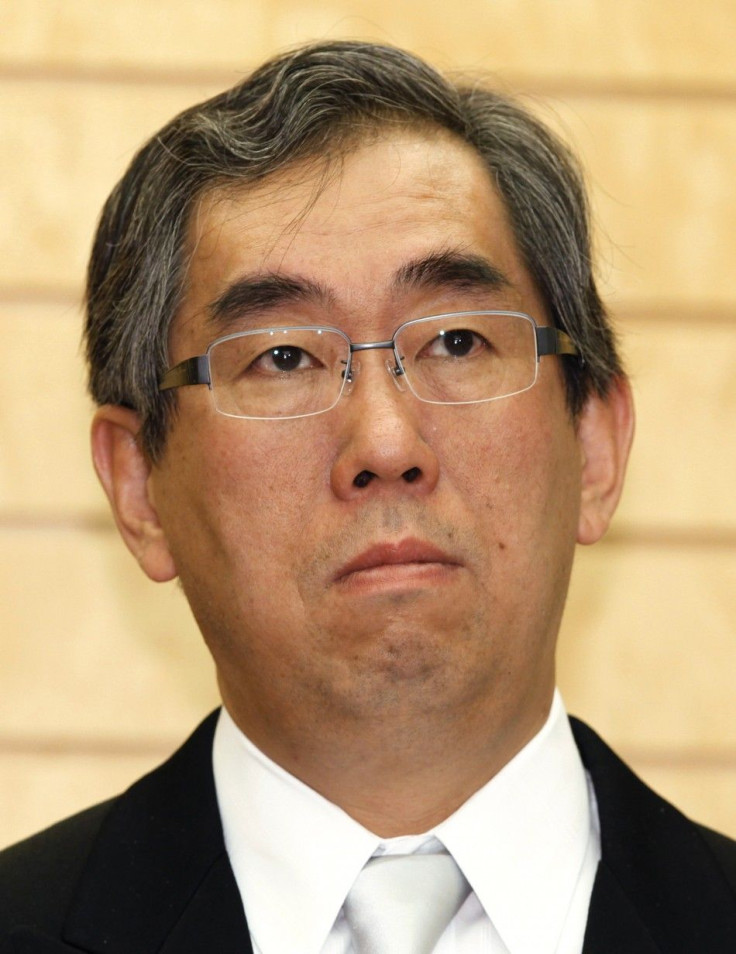Japan appoints new foreign minister with eye on stability factor

Japanese prime minister Naoto Kan on Wednesday appointed Takeaki Matsumoto as the country’s new foreign minister, in a bid to restore confidence in his government.
Matsumoto succeeds Seiji Maehara who resigned on March 6., after admitting that he had received illegal political contribution worth 250,000 yen ($3,020) from a South Korean residing in the country.
The 52-year-old deputy foreign minister Matsumoto is the third foreign minister since the Democratic Party of Japan came into power 18 months ago.
“The decision was made in a hurry to ensure continuity in foreign policy,” Bloomberg reported quoting d Minoru Morita, an independent political analyst. “But in terms of government stability, Maehara leaves a big hole that this personnel change doesn’t fill.”
A law graduate of the Tokyo University and a former banker, Matsumoto entered the country’s politics more than a decade ago and has gained experience in policy making in fields ranging from diplomacy to defence and finance.
Matsumoto appointment comes in the wake of plunging support for Kan as his government is hit by finance scandals, continued deflation and a parliamentary impasse to finance the budget.
According to a survey by Asahi newspaper, prime minister Kan’s public approval rating declined to 20 percent in February, down 6 percentage points from January and lowest since he assumed the office in June 2010.
Also, Moody’s Investors Service on Feb.22 lowered Japan’s debt Aa2 rating outlook to negative from stable, saying political stalemate in the country will restrict efforts to tackle the nation’s debt.
Japan’s debt, the biggest among the advanced nations, is expected to reach $12 trillion by the end of fiscal year March 31, 2011, according to the Japan’s finance ministry.
© Copyright IBTimes 2024. All rights reserved.





















